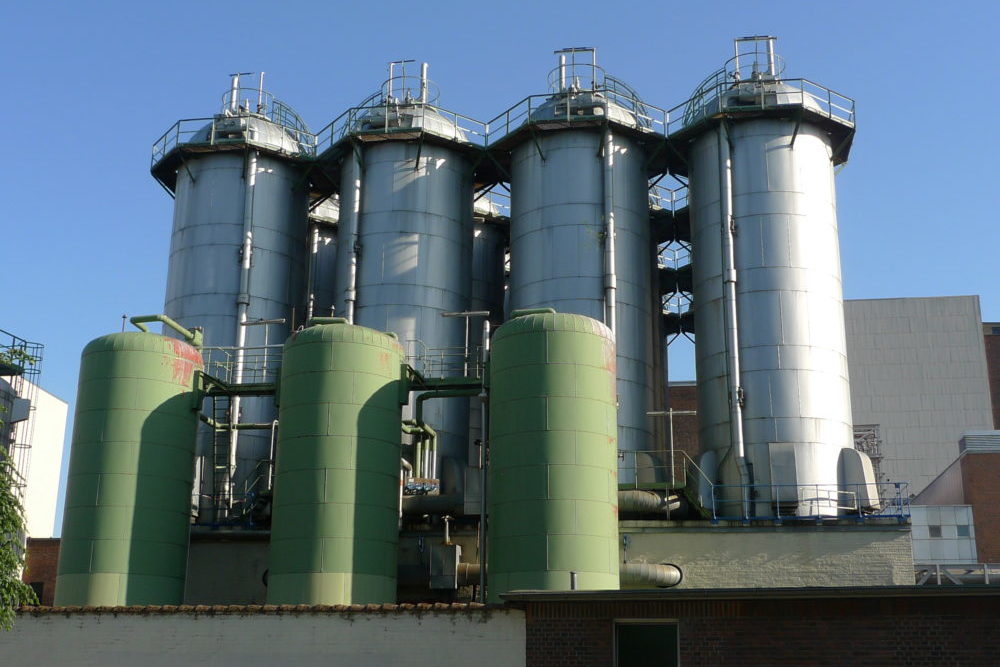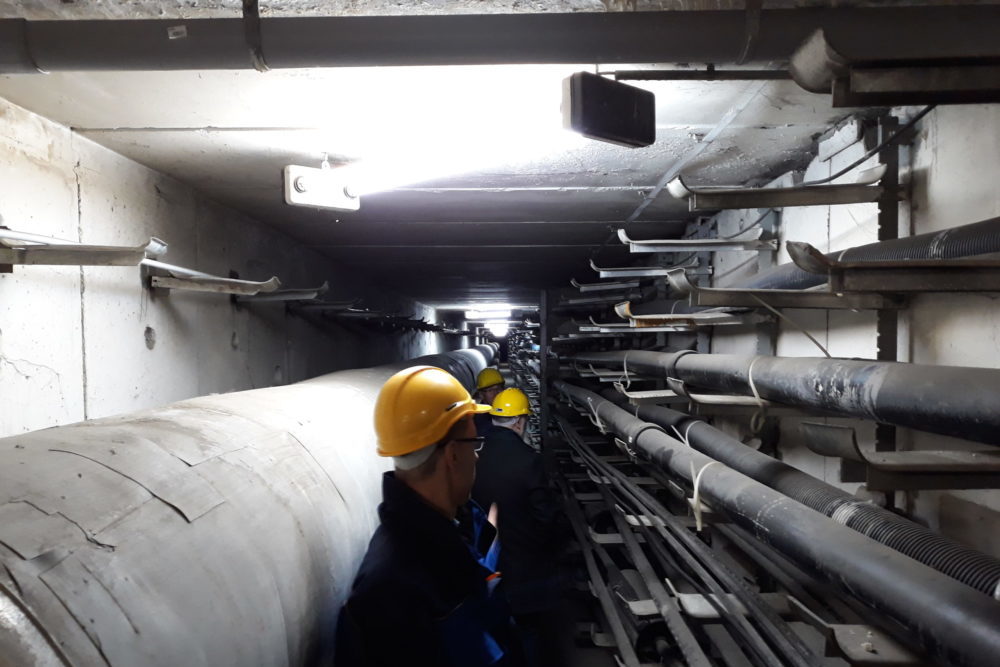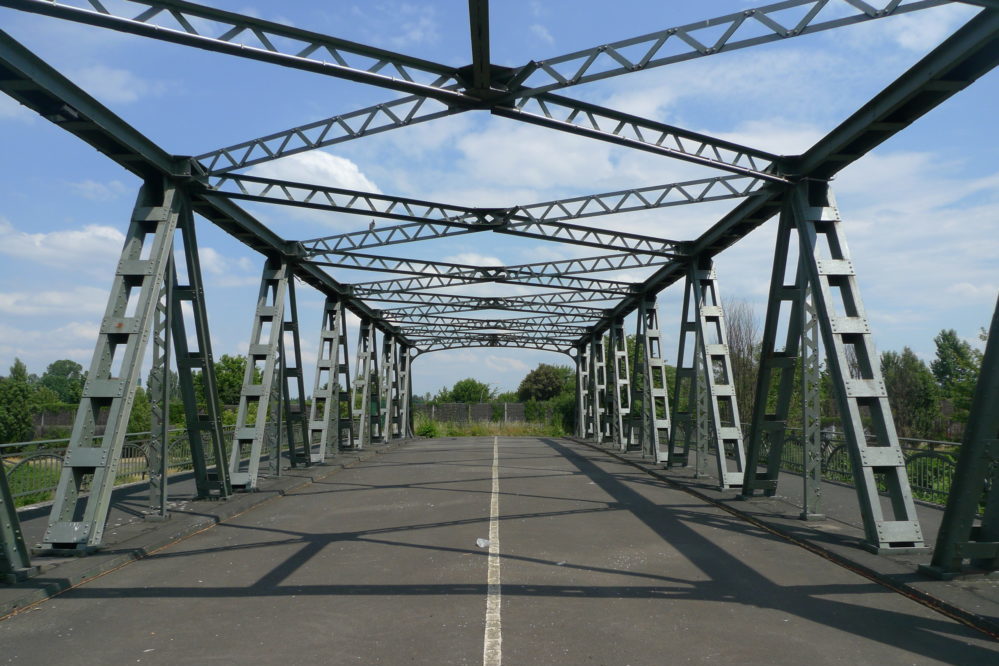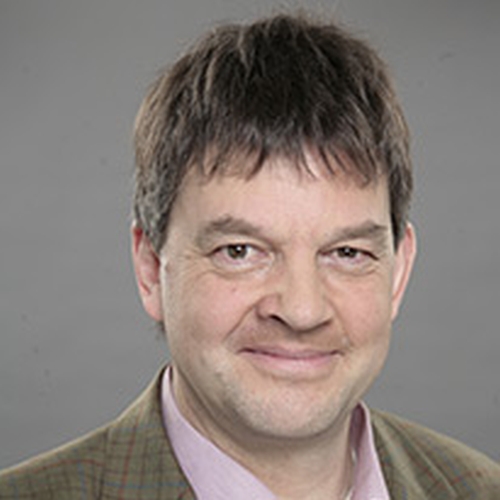Past Project
This book project, funded by the Gerda Henkel Foundation, interpreted Berlin’s twentieth-century history afresh through the lens of its infrastructure systems. Timothy Moss was provided with a two-year fellowship (2017-2019) to research and write a monograph on the political history of Berlin’s energy and water services. The project sought to reveal how the policies, plans and practices surrounding the design, provision and use of the city’s energy and water/wastewater services changed (or did not change) in response to the regime diversity, geo-political interventions and socio-economic volatility which has pitted Berlin’s recent history and what this can tell us, on a more fundamental level, about the relationship between a city and its infrastructure.
The project resulted in a book published by MIT Press in 2020. Empirically, this book traces the trajectory of Berlin’s infrastructures across the 100 years covered, noting what components changed – and what ones proved obdurate – at which times and why. It also reflects on the differences and similarities between the five sectors studied (electricity, gas, district heating, water and sanitation) and dimensions of sectoral connectivity and interdependence revealed by the analysis. Conceptually, the book draws out the implications of the findings for a) the relationship between obduracy and transformation to urban infrastructures and b) the relationship between a city and its infrastructure in the context of international and national politics. It concludes by mapping out an agenda for future research on urban infrastructures from historical and contemporary perspectives.
Output
The principal product of the project is the research monograph:
Moss, Timothy: Remaking Berlin. A History of the City through Infrastructure, 1920-2020. MIT Press, Cambridge MA, 2020. https://mitpress.mit.edu/books/remaking-berlin
A series of short films was produced by the Gerda Henkel Stiftung about the research project, featuring visits to key infrastructure sites in Berlin, meetings with stakeholders and an interview with Timothy Moss. The film series – entitled “Invisible Berlin” – is available in both German and English under: https://lisa.gerda-henkel-stiftung.de/das_unsichtbare_berlin
A ‘walkshop’ to infrastructure sites along the former border between Berlin and Charlottenburg, explaining their political and historical signficance, is available as a digital version under https://izi.travel/en/eaa9-iri-thesys-walkshop-on-urban-infrastructure/en
An expanded version of Tim Moss’ digital tour of infrastructure sites in Berlin features 360-degree photographs, dynamic aerial imagery of the city, lots of historical photos and maps and a guided commentary by Tim Moss himself. The tour is available free online at https://www.36o.de/remaking-berlin/
Tim Moss‘ book “Remaking Berlin. A History of the City through Infrastructure, 1920-2020” is profiled with an article in The MIT Press Reader, a digital magazine-style publication that produces excerpts, interviews and original essays for a general audience. The piece, drawing on his chapter on Nazi Berlin, is featured here.
In a video interview Tim Moss talks about the relevance of his recent book “Remaking Berlin” for infrastructure futures in the Berlin city region. The interview is hosted by the BB2040 project, a collaborative platform exploring transformation processes in Berlin-Brandenburg from the perspective of infrastructures coordinated by the Habitat Unit at the Technical University of Berlin.






